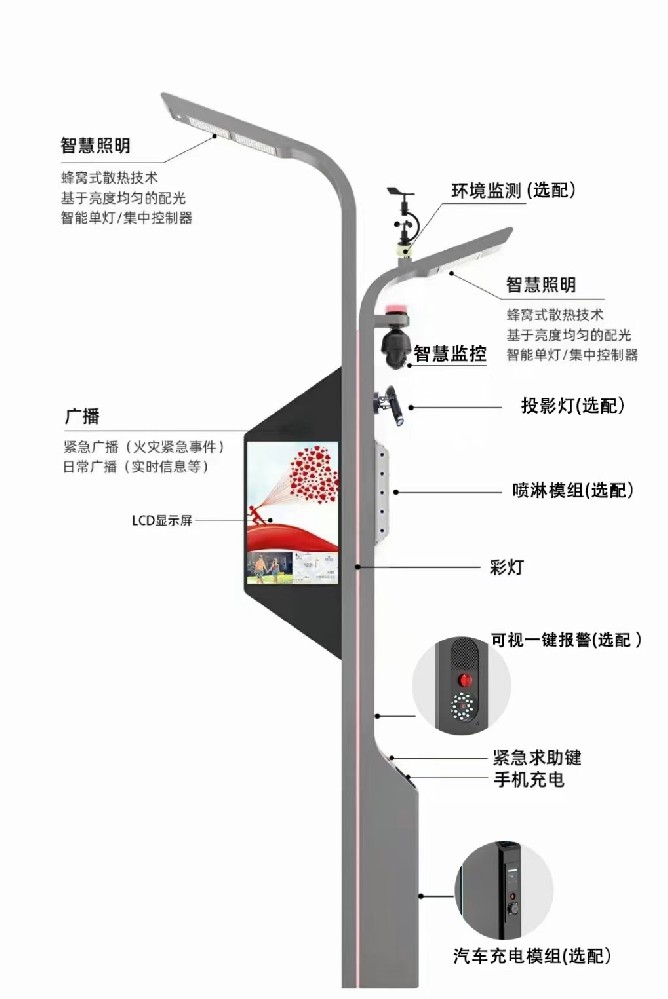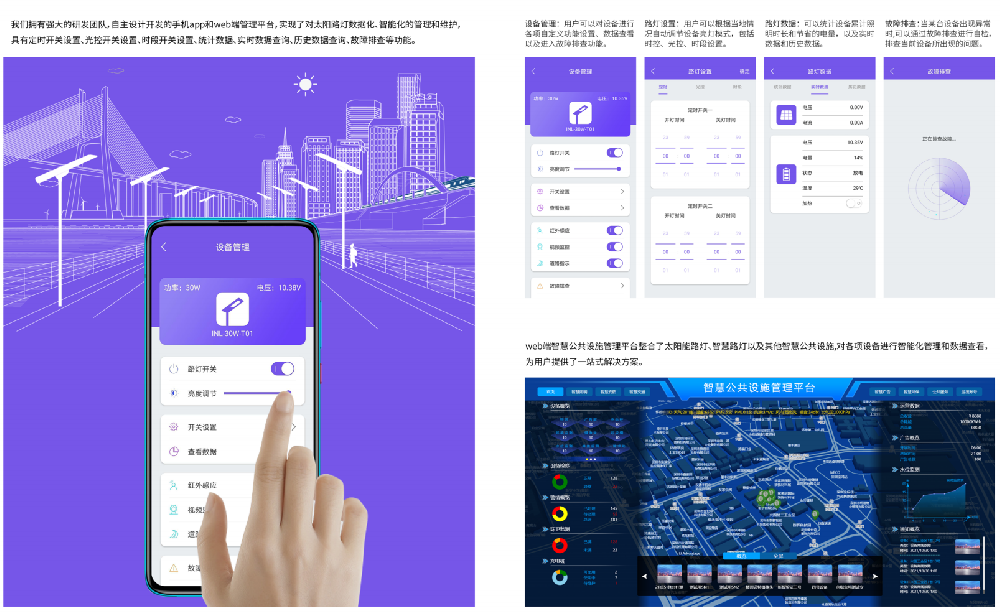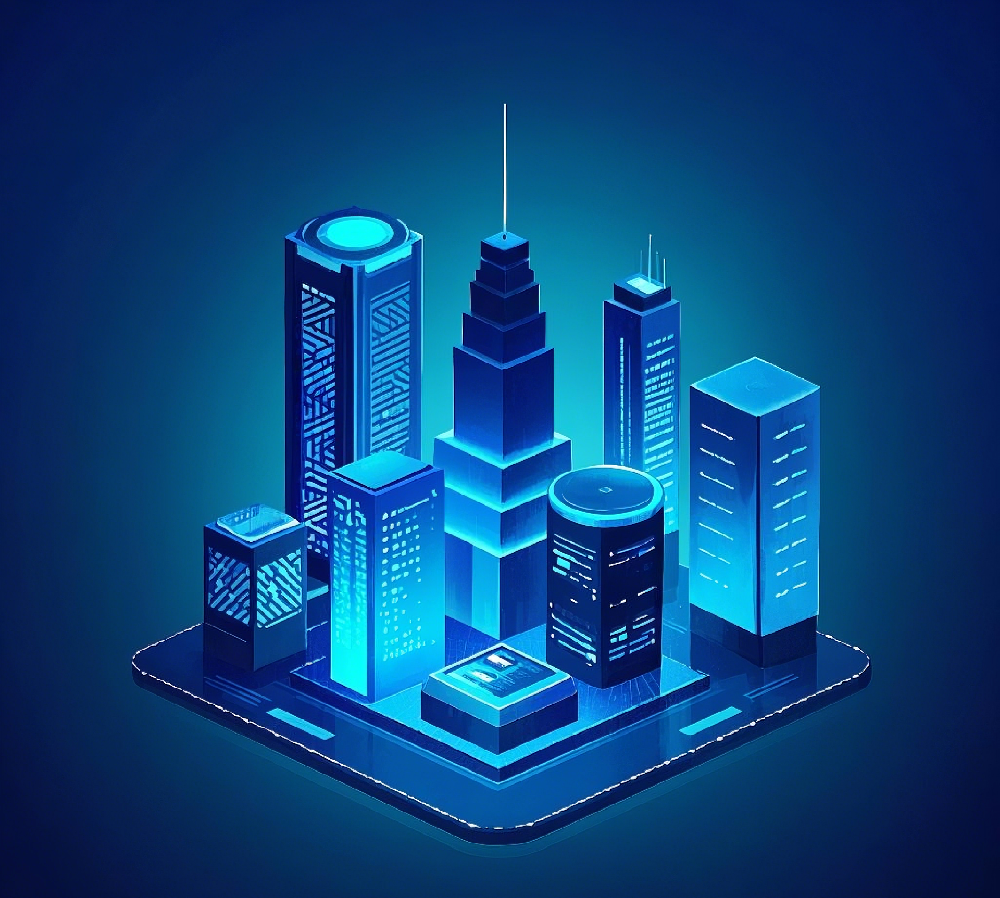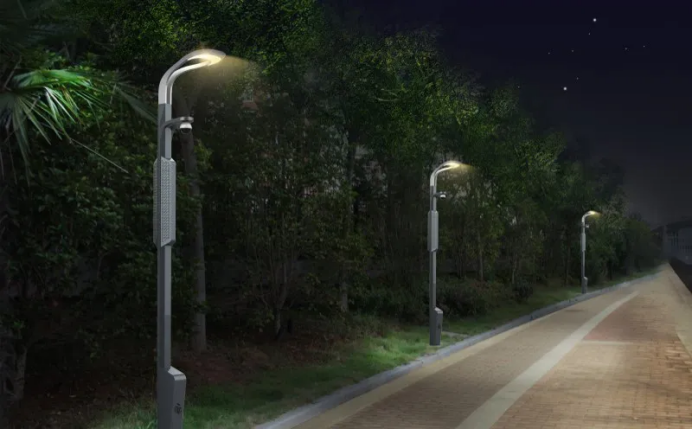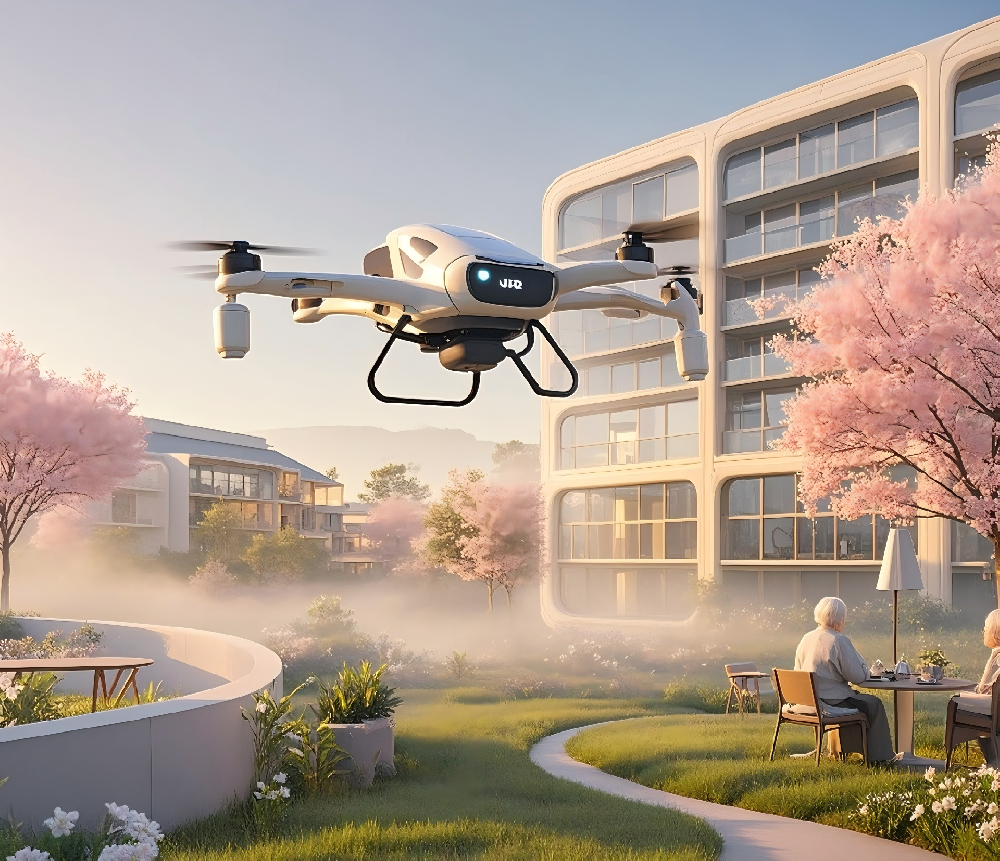With the acceleration of global urbanization, traditional urban management models are facing many challenges, such as traffic congestion, resource waste, environmental pollution, etc. Smart City, as an innovative urban development model, is reshaping the way cities operate, improving residents' quality of life, and promoting sustainable development through advanced technologies such as the Internet of Things (IoT), big data, and artificial intelligence (AI).
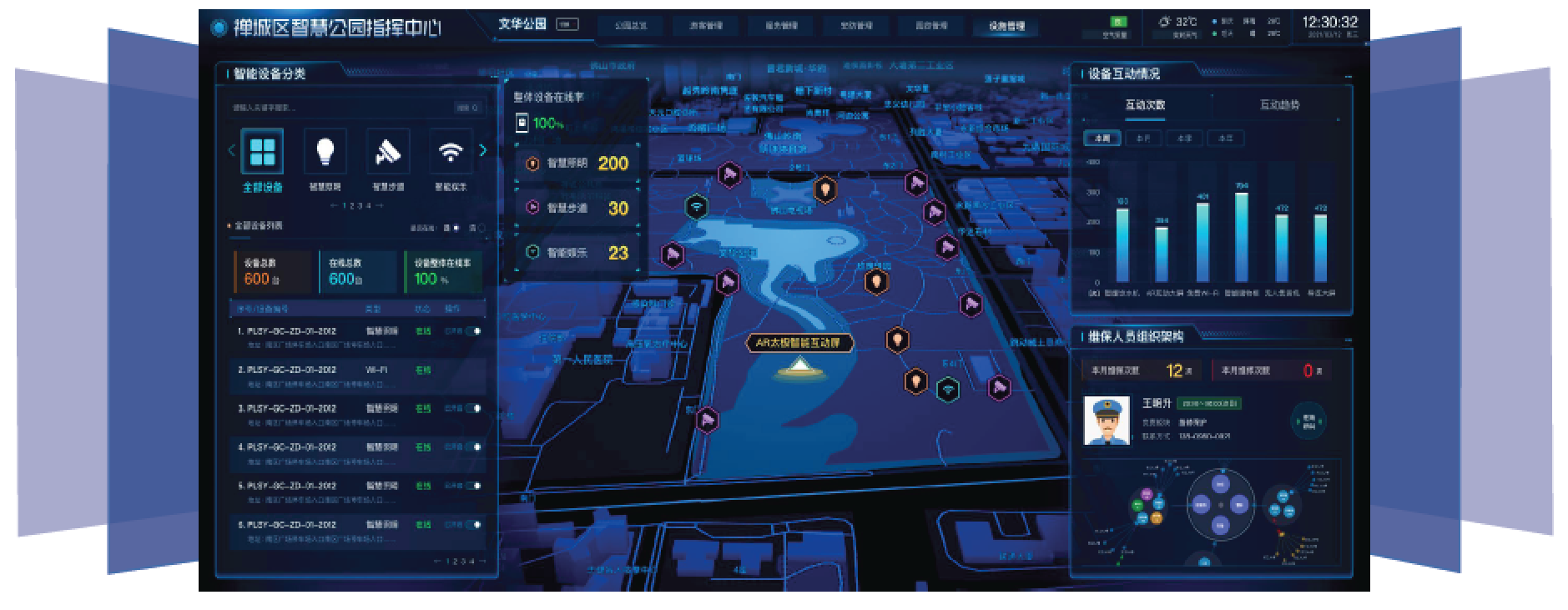
What is a smart city?
Smart city refers to an urban development model that utilizes information technology and data analysis methods to optimize urban resource management, improve public service efficiency, and enhance residents' quality of life. Its core lies in achieving intelligent operation of various urban systems through data-driven decision-making, covering multiple fields such as transportation, energy, healthcare, education, and security.
Key Technologies for Smart Cities
Internet of Things (IoT):
The Internet of Things is the foundation of smart cities, which collects real-time city operation data through sensors, smart devices, and other means to achieve device interconnectivity. For example, intelligent transportation systems monitor road conditions through sensors and optimize traffic flow.
Big data analysis:
Big data technology helps city managers extract valuable information from massive amounts of data for predicting trends and optimizing resource allocation. For example, by analyzing energy consumption data, more efficient energy management strategies can be developed.
Artificial Intelligence (AI):
AI technology can automate complex tasks, such as facial recognition in intelligent security systems and autonomous driving in intelligent transportation.
5G communication technology:
The high-speed and low latency characteristics of 5G networks provide powerful communication support for smart cities, ensuring real-time transmission and processing of data.
Application scenarios of smart cities
Intelligent transportation:
Through real-time monitoring and data analysis, smart transportation systems can reduce congestion, optimize route planning, and even achieve autonomous driving. For example, Singapore's intelligent transportation system has significantly improved traffic efficiency.
Smart Energy:
Smart grid optimizes energy allocation and reduces waste by monitoring power supply and demand in real-time. For example, Denmark's smart grid project has significantly improved the efficiency of renewable energy use.
Smart healthcare:
Through technologies such as remote healthcare and health monitoring, smart healthcare can enhance the accessibility and efficiency of medical services. For example, China's "Internet plus medical" model is changing the traditional medical system.
Smart security:
By utilizing AI and IoT technology, smart security systems can monitor urban safety in real-time and prevent crime. For example, London's intelligent surveillance system has helped the police significantly reduce crime rates.
The Future Trends of Smart Cities
Sustainable development:
Smart cities will be closely integrated with green energy and low-carbon technologies to promote the sustainable development of cities. For example, smart buildings reduce carbon emissions through energy-saving technologies.
Data Privacy and Security:
With the increasing importance of data, smart cities need to strengthen data privacy protection and security measures to ensure that residents' information is not abused.
National participation:
Future smart cities will place greater emphasis on residents' sense of participation, allowing citizens to participate in urban management through intelligent platforms, such as providing feedback on city issues through apps.
Smart cities are not only about technological innovation, but also about the transformation of urban development models. By integrating technologies such as the Internet of Things, big data, and artificial intelligence, smart cities are bringing a more efficient, environmentally friendly, and livable future to global cities. With the continuous advancement of technology, the potential of smart cities will expand infinitely and become an important force driving social progress.
